Articles
-

“The Warblers”
-
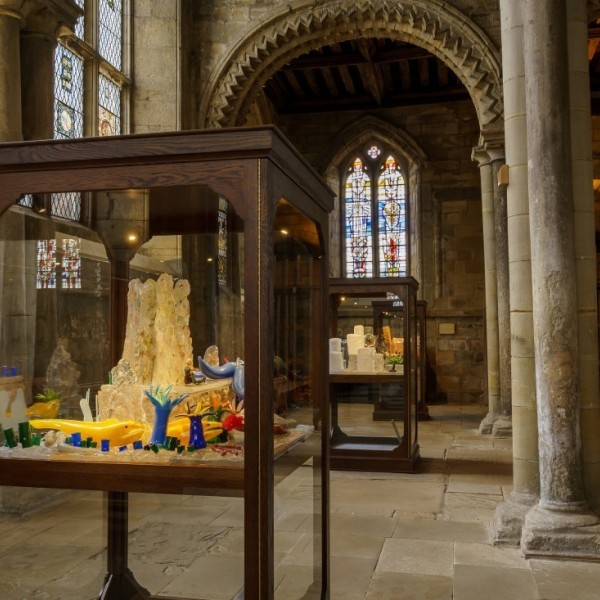
“Glass Exchange”
-
__2020_1100_760_90_600_600_90_s_c1.jpg)
“Awakening: seeing beyond the frame”
-
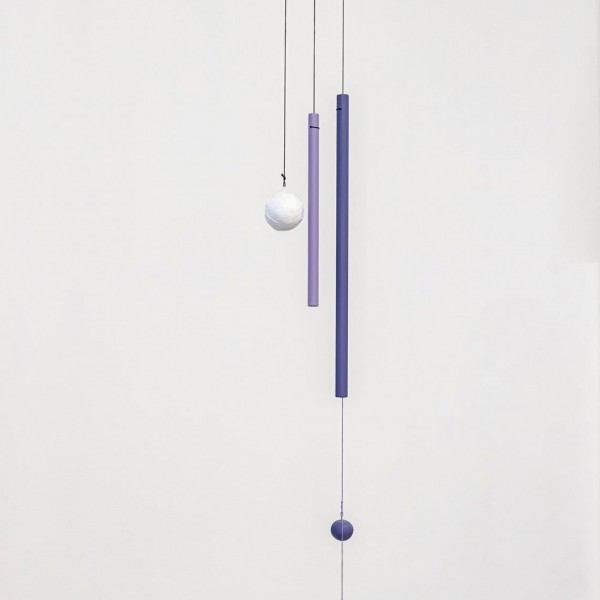
Zin Taylor
-
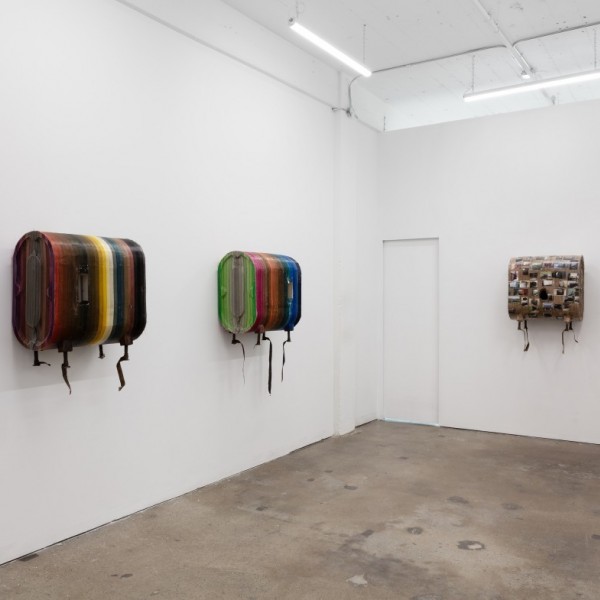
Connie Wilson
-

Adam Pendleton
-
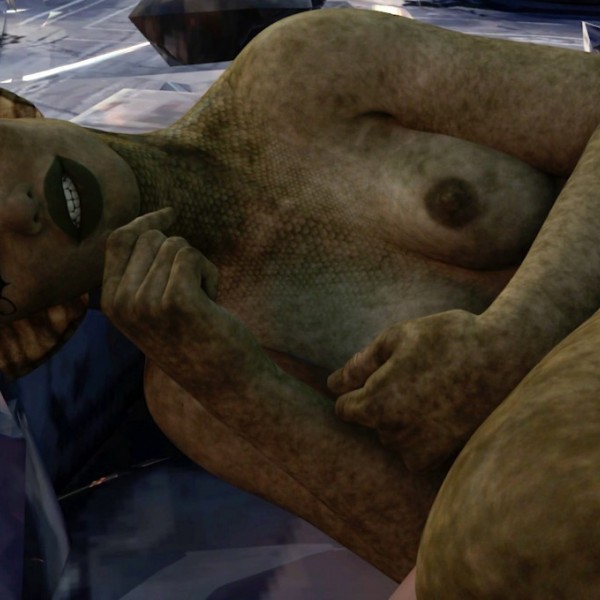
Heesoo Kwon
-

Sunil Gupta
-

“The Imitation Game: Visual Culture in the Age of Artificial Intelligence”
-
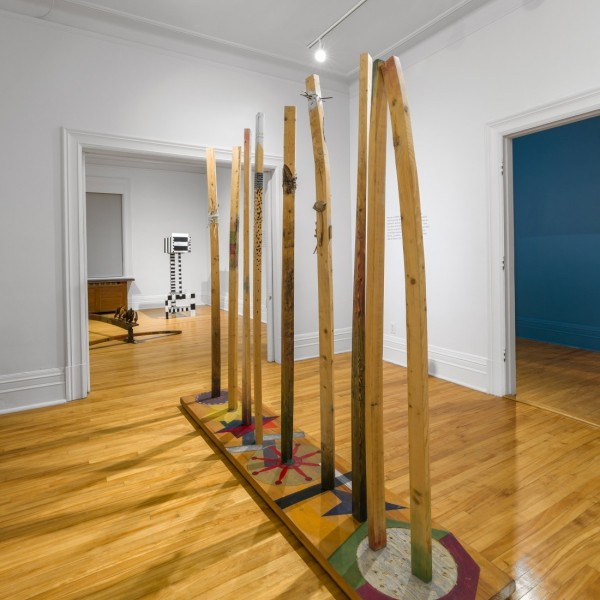
Robert Holland Murray
-
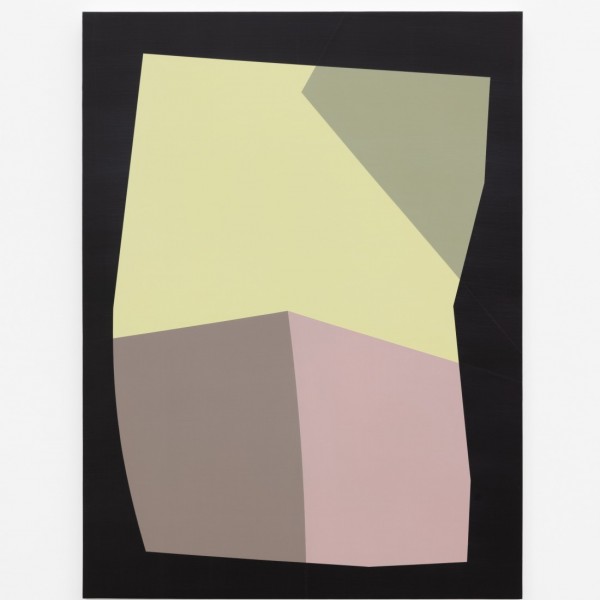
Larissa Tiggelers
-
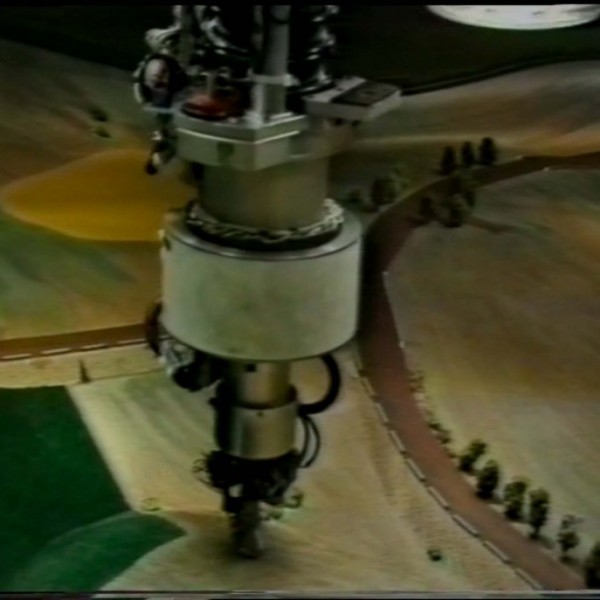
Surveillance Fantasies On Michael Klier’s Der Riese
Surveillance may thrive in secrecy, but it is no secret that forces of mass monitoring loom large over our world, facilitated by the rise of digital technology and the Internet, where we leave countless electronic traces of ourselves every day.
Haven’t found what you're looking for? Explore our index for material not available online.

